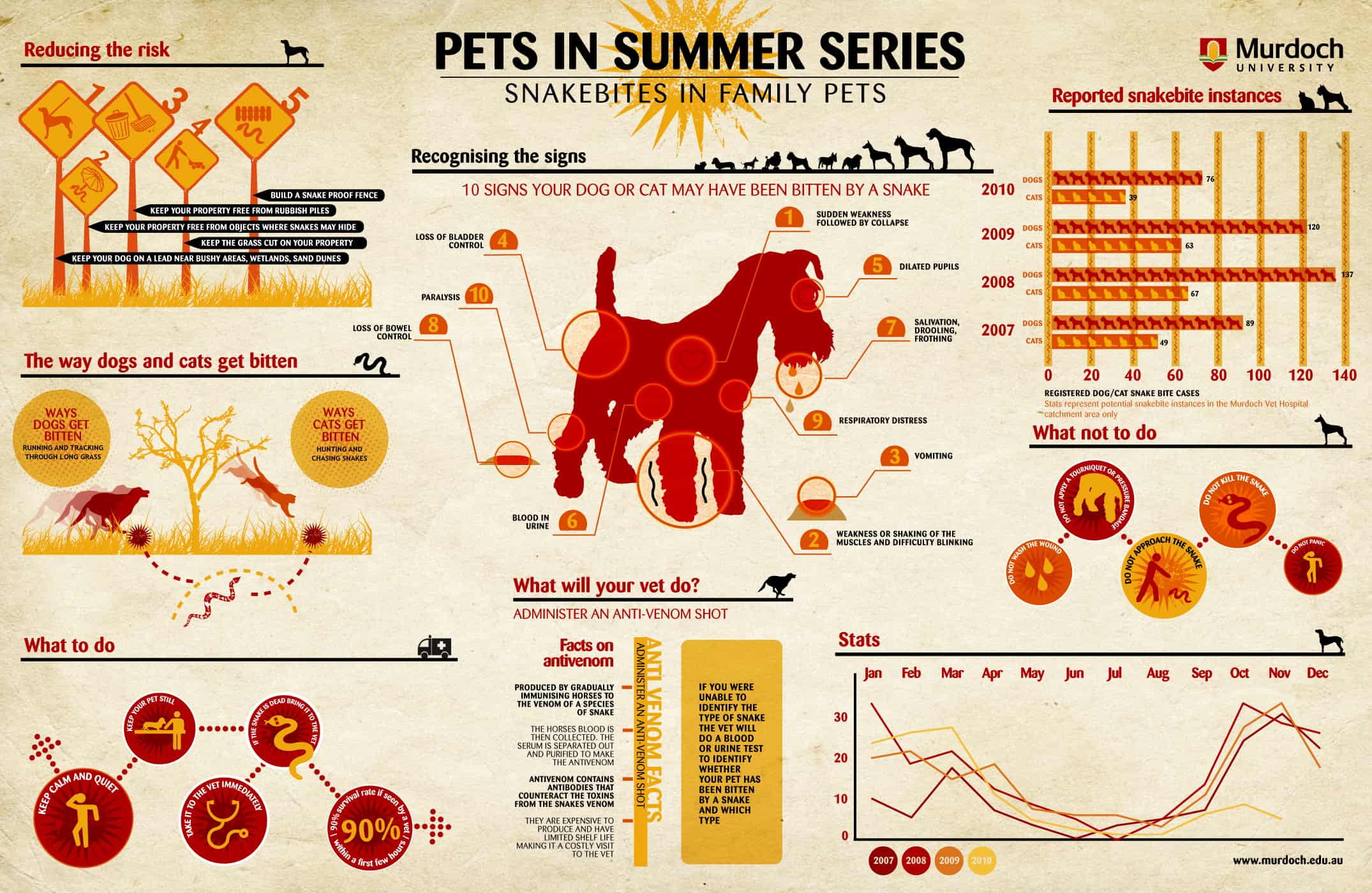Puppies can take advantage of a day care experience in several ways. It helps avoid harmful actions like chewing footwear, barking excessively, or digging holes, and it offers structure that advertises favorable training and a healthy and balanced regimen.
Pets additionally come home tired after a long day of play, which reduces splitting up anxiousness. Nonetheless, there are some age needs that have to be fulfilled prior to young puppies can go to a day care facility.
Young puppies ought to be at least 12 weeks old
Puppies have plenty of energy and daycare provides them with a way to launch it via overseen play. This uses them out and helps them sleep better at night. It also advertises etiquette and physical health and wellness. Nevertheless, it is essential to be aware of the risks and responsibilities involved with pup day care. Before you enroll your dog in a daycare, see the center and observe the sanitation, staff-to-dog proportion, outdoor fencing, play areas, and staff-dog communications.
Young puppies can begin attending daycare when they get to the age of 12 to 16 weeks old and have their preliminary round of adult vaccinations. This aids stop the spread of health problems and keeps other pets and people risk-free. Early socialization throughout this important home window lays the foundation for well-adjusted adult pets. Along with providing pups with useful exercise, childcare permits them to get accustomed to different audios, scents, and environments. This helps them avoid frightened actions in the future.
Young puppies ought to be immunized
A pet dog that is updated on their shots is less most likely to contract infectious conditions. Young puppies should have core vaccines, such as distemper, parvovirus, and rabies, and non-core vaccinations, such as Bordetella (kennel cough) and Lyme disease (solitary vaccination or a series of 2).
Vaccination schedules differ by puppy's age and threat aspects. However, the first young puppy shot series requires to be completed by eight weeks. Later, booster vaccinations will certainly be needed annual.
The very best way to make certain that a young puppy is up-to-date on its inoculations is to have them receive their initial collection of shots before enlisting them in daycare. If you're acquiring a young puppy from a breeder, request a copy of their inoculation records. Inoculation records are additionally needed by the majority of doggy day cares and boarding centers. If you don't have inoculation documents, you can request a titer examination from your veterinarian. This test reveals whether your young puppy has antibodies versus specific ailments and can assist determine if an injection is required.
Young puppies need to be interacted socially
Three-to-fourteen-week-old pups are the very best age to reveal them to new experiences. It's important to make certain they are in a risk-free setting with people who can manage them. They ought to be enabled to explore your home and fulfill a range of individuals. If they are socialised, they will certainly be less anxious concerning people that are unfamiliar to them later on in life. It's additionally a good concept to present them to kids, yet remember to check their behaviour and interactions.
Welcome buddies with healthy and balanced, vaccinated canines over to play and connect with your pups. You can additionally join a young puppy course, yet be sure to locate one that is well-controlled. If you see any scared or evasion behaviors, reduce the degree of sound and activity. Reestablish the thing, person, or item at a reduced intensity and repeat as needed. If your dog becomes overwhelmed, quit the communication and distract them with a toy. If you have a delicate puppy, you may require to consult a behavior expert.
Pups should be potty educated
The most effective way to train young puppies for pup daycare is to ensure they are potty skilled and familiar with a routine. Taking them outside on a regular basis will help them learn to control their bladders and bowels. This is particularly crucial in young pups, who have little bladders and require constant journeys to the bathroom. Other hints that a pup requires to go outside include sniffing the flooring or rug, dog boarding and training straying around the house, getting overexcited during playtime, or whimpering.
Whenever you take your young puppy outside to remove, constantly accompany them on a leash. This will instruct them that the elimination location is a different task from outdoors play time and will make it more likely that they will eliminate rapidly. Once they have actually removed, compensate them with praise and a treat.
Remember to avoid punishment and scolding when they have mishaps. They will be puzzled by your responses and might be most likely to duplicate the habits in the future.
